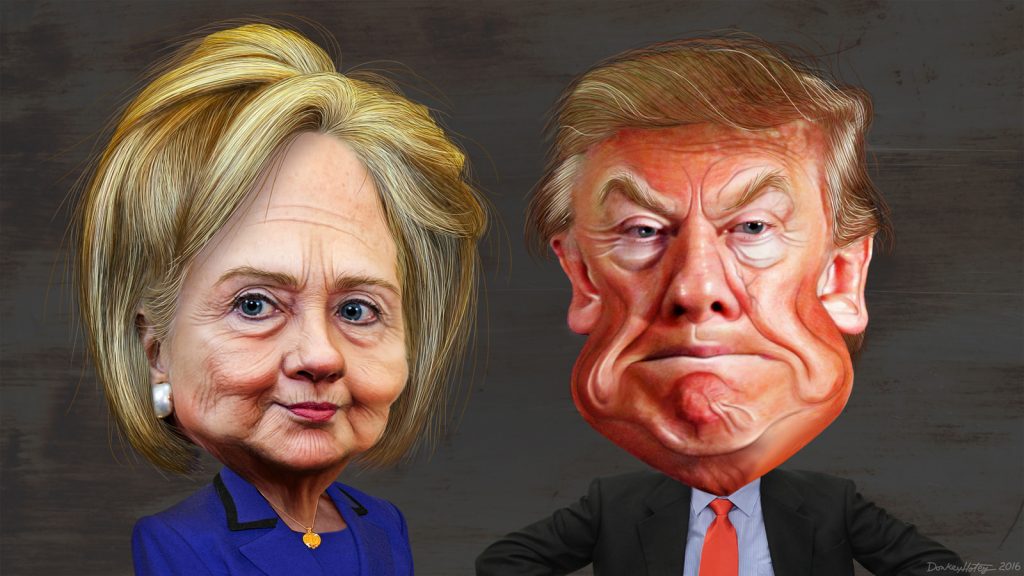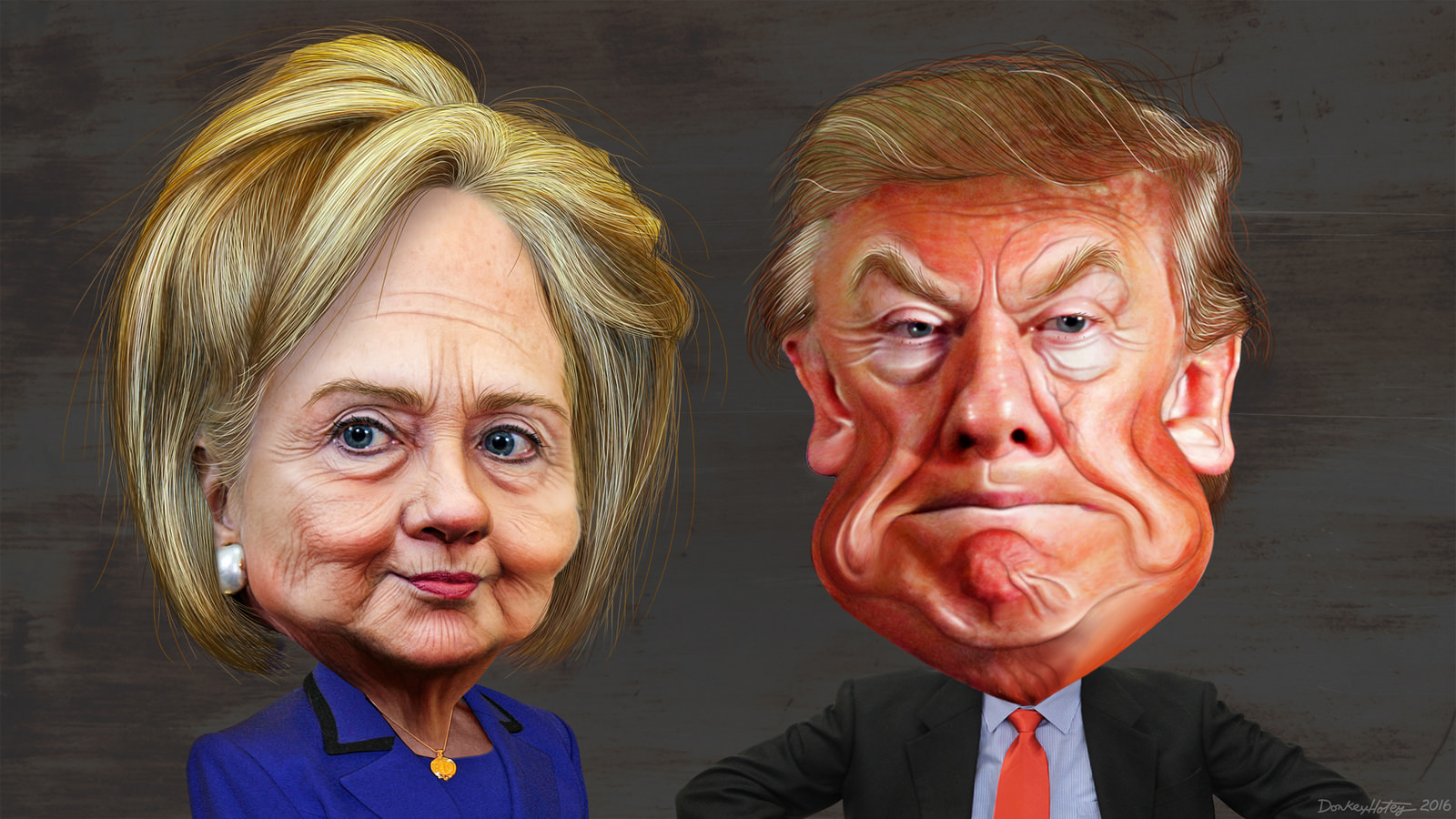
The 71st Annual Alfred E. Smith Memorial Foundation Dinner took place at the Waldorf Astoria Hotel in New York City on Oct. 20. The $6 million raised by the dinner will go to the Alfred E. Smith Memorial Foundation that helps “the neediest children of the Archdiocese of New York.”
This white-tie event attracts New York’s political and religious elite. Every four years, the two candidates for president of the United States entertain the audience with comedy.
This event, the night after the third and final presidential debate, will likely be the last time Donald Trump and Hillary Clinton appear in the same room before the election. The candidates sat next to the podium, on either side of the Archbishop of New York, Timothy Dolan.
This was the first time both candidates spoke at this kind of event. Both spoke with ease and a smile on their faces, making the audience laugh, gasp and boo.
Smith introduced Trump as “a kid from Queens with a big mouth and a big heart,” adding that “the microphone works.”
Trump had a strong start. He had the crowd buckled over. Acknowledging that candidates always start out with a self-depreciating joke, he teased, “Many people tell me that modesty is perhaps my best quality, even better than my temperament.”
He went on, poking at Clinton’s Wall Street speeches.
“This is the first time Hillary is speaking to major corporate leaders and not getting paid for it.”
He even cracked a joke about his wife, Melania, copying parts of Michelle Obama’s 2008 Democratic National Convention speech for the Republican National Convention in July.
However, at points, the crowd went silent, some booing, and Clinton’s face went slack as Trump’s jokes turned into his go-to attacks. He went after her on her emails, the WikiLeaks scandals and her relationship with the Catholic Church.
In the end, Trump graciously congratulated Clinton on winning the Democratic Party’s nomination and thanked the members of the Catholic Church before passing the stage back to Smith.
Smith introduced Clinton as a “tireless advocate for children” and complimented her attendance as just one example of that.
Clinton began, “This is such a special event that I took a break from my rigorous nap schedule to be here.”
She continued, addressing the archbishop and making a religious joke about the heated race.
“Getting through these three debates with Donald has to be considered a miracle,” Clinton said.
She joked about her reputation as a “boring” candidate, her infrequent press conferences, Trump wanting to drug test her before the debate, her stamina, Trump’s campaign managers, Republican vice presidential nominee Mike Pence, Trump’s Twitter presence and the various members of the New York State government.
Clinton closed with a joke about how accessible her private email exchanges have become because of WikiLeaks and other hacks.
“I said no to some jokes that I thought were over the line, but I suppose you can judge for yourself on Wikileaks in the next few days,” she said.
This event gave the candidates a unique opportunity to attempt to connect with voters, especially the target group of millennials, through comedy.
A Pew Research Center study from January 2016 found that 6 percent of 18 to 29-year-olds cited late-night comedy as the “most helpful type of source for learning about the 2016 presidential election” and 35 percent of 18 to 29-year-olds said the same about social media.
Freshman Giovanna Tarantino, a Clinton supporter from Brookline, Massachusetts, said she is a huge fan of late-night comedy shows, citing “The Daily Show” with Trevor Noah and “Saturday Night Live” as some of her favorites.
“I like these shows because, especially now with a candidate like Trump, the hosts point out some things that he has said and how crazy and unprecedented they are. It makes me realize things about what he has said that I hadn’t noticed before,” she said.
Candidates are trying to capitalize on this platform by appearing on shows like “Saturday Night Live” and “The Tonight Show Starring Jimmy Fallon.”
Freshman Isabella Savini, a Trump supporter from Connecticut, does not watch the late-night shows, but she does frequent social media platforms like Twitter and Facebook.
She said she prefers social media to traditional broadcast journalism because she is on social media more often.
“I will look at the trending topics and promoted stories on Twitter and Facebook for a lot of my news,” Savini said.
This election cycle, Trump has frequently used Twitter to communicate directly with his most loyal supporters and the more than 12 million users who follow him. Clinton has about 10 million followers on the platform.
The most retweeted tweet of the campaign, with more than 500,000 retweets, came from Clinton in response to a tweet from Trump.
When Trump tweeted, “Obama just endorsed Crooked Hillary. He wants four more years of Obama – but nobody else does!” Clinton responded, referencing an Internet joke: “Delete your account.”







